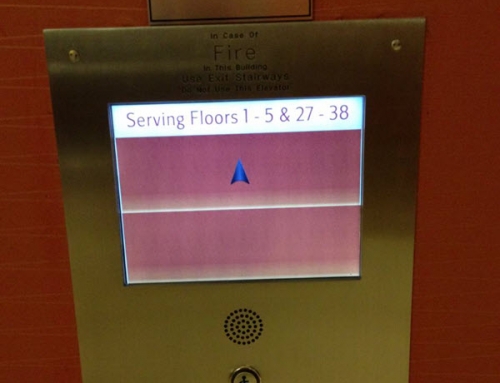[Update 3/29/13 – This blog has been the basis for: Lebson, Cory. 2011. “The Critical Importance of Web Usability in Disasters: Agency-Wide Efforts to Promote Usability at FEMA (PDF).” International Association of Emergency Managers (IAEM) Bulletin, Vol. 28, No. 11. November, 2011.]
Lebsontech has been doing usability work for FEMA since 2008. After having spent about a year focused mainly on user experience research, a FEMA stakeholder asked for a series of “lunch and learn” sessions for those who create disaster-related websites for survivors, disaster managers and the general public. She proposed that I and my team come up with a number of short usability-oriented topics, and perhaps offer one per month.
This idea snowballed into a total of eight topics centered on usability that were soon woven into a two-day usability workshop geared towards FEMA staff and contractors. After about a year and a half of offering this course monthly, we have trained approximately 400 attendees, including not only those associated with FEMA, but those associated with a few other DHS components as well.
The workshop was so successful that I was asked this year to create a “road show” – to take this course on the road and offer it to FEMA offices around the United States. By August 2011, the course will have been offered in a total of nine cities.
The workshop provides an overview of how to create sites that are both usable & accessible to disaster managers, disaster survivors and the general public. It includes discussion of how sites can be designed to cater to user needs, how content can be developed to be more easily comprehensible, and how an understanding of user research can help in web site development. Also included is an introduction to web accessibility for disabled web users; a discussion on search engine optimization and how that leads to better website usability; and a review of information architecture, specifically how websites should be structured for optimal findability.
Teaching this course has been an incredible experience as I, along with a staff of two other trainers, have really felt that we have had an impact on getting web teams to develop more usable sites. We’ve had the opportunity to open attendees’ eyes to issues that they may never have considered, and we have received emails and phone calls that expressed a lot of appreciation for our offerings.
Ultimately, these courses will help fix usability problems before they happen by giving teams the knowledge they need to create websites that are both usable and accessible. It is an incredible opportunity to help those who have experienced a disaster, those who manage disasters and those who prepare for disasters by assuring that the pages that they access are usable from the outset. We get to provide knowledge that really makes a difference.







